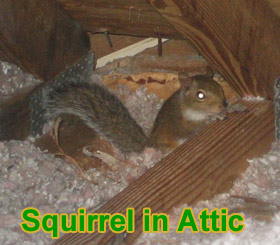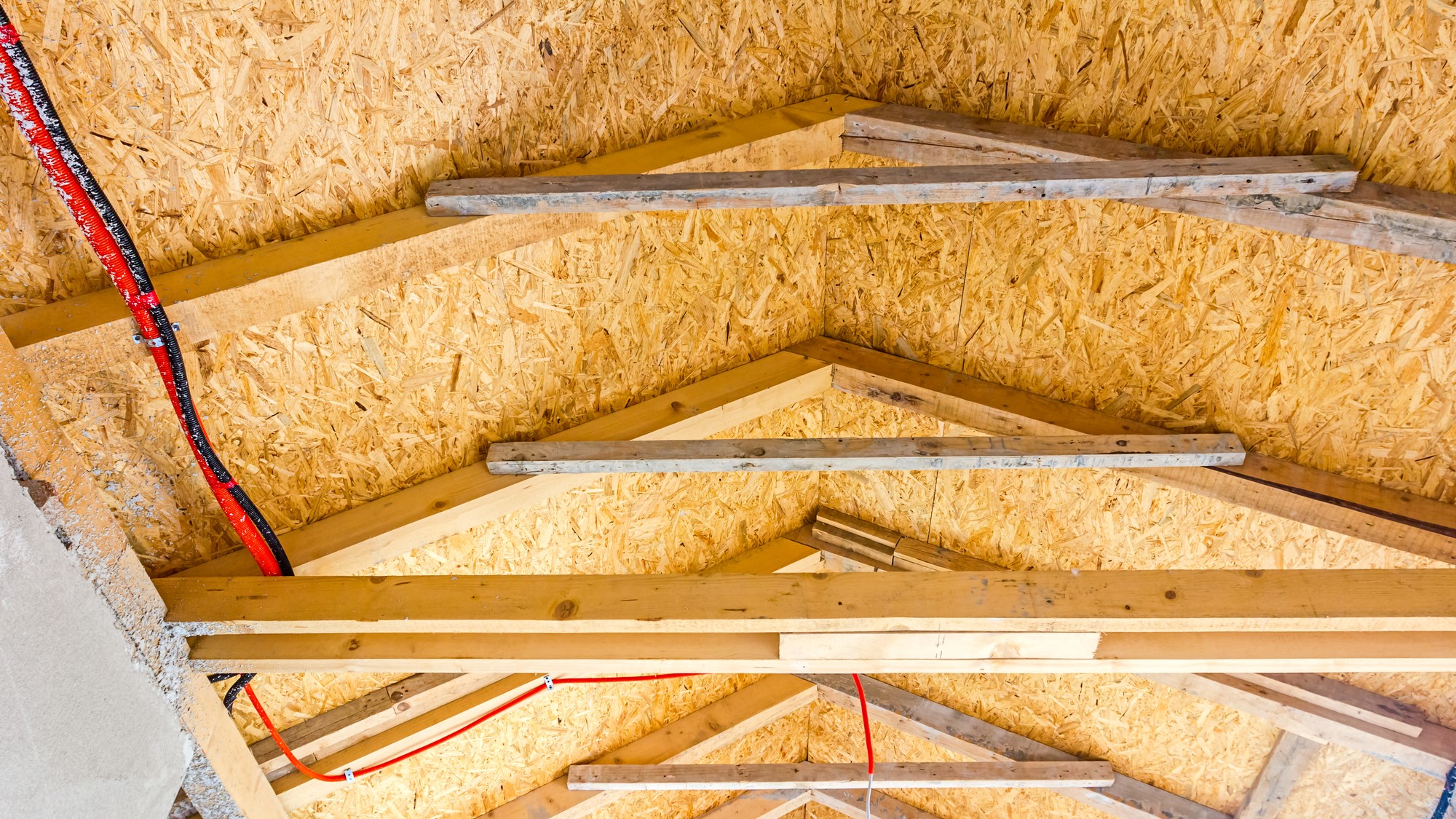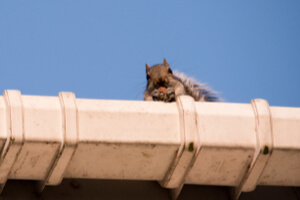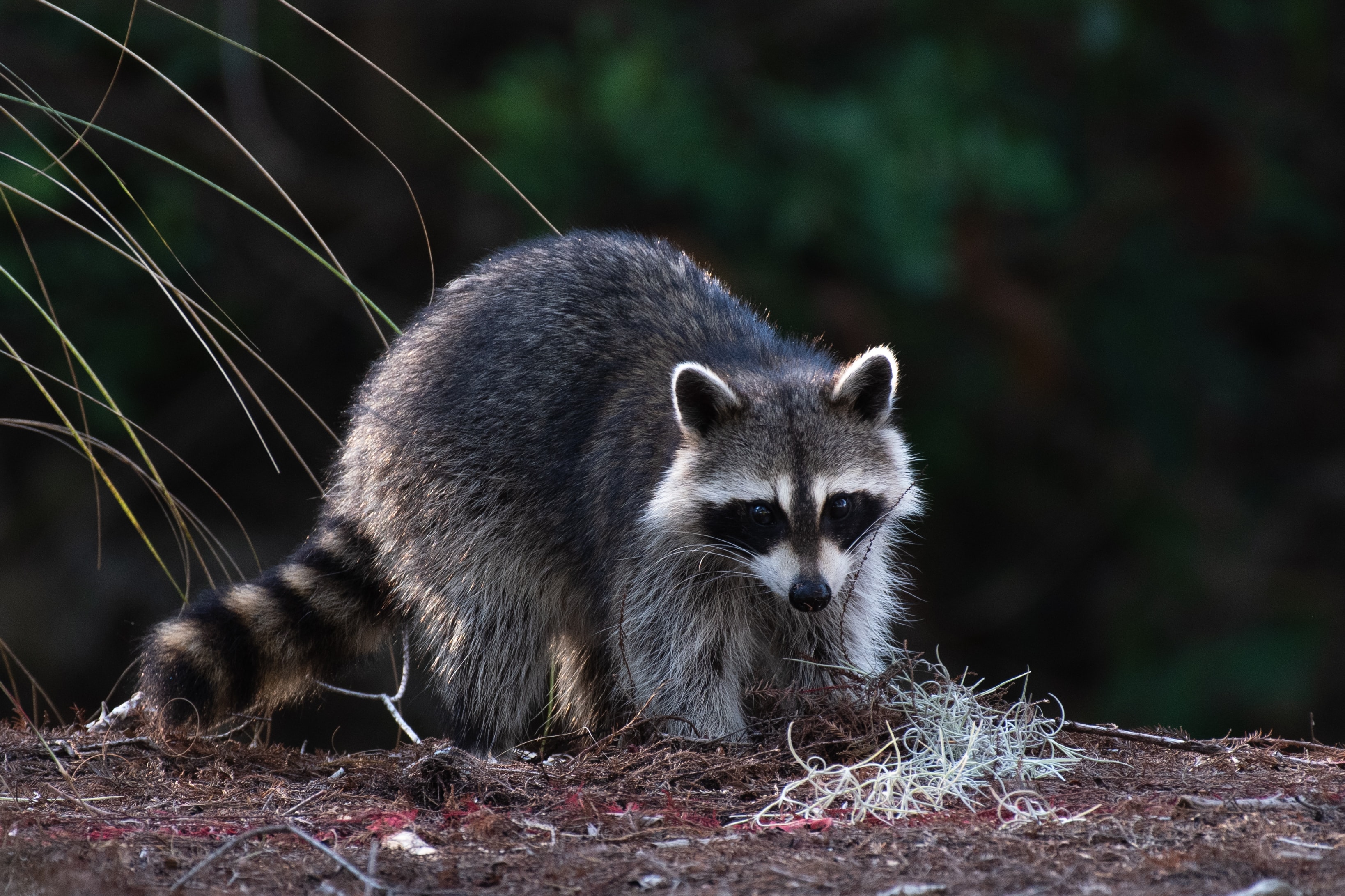The Best Guide To Animal Living in Your Attic - Urban Jungle Wildlife Removal


Noises In Attic - Quick Capture Animal
All About Animals In The Attic - Critter Control of San Antonio
Continual Scratching in One Spot Squirrels often bring nuts into attics and attempt to bury them in the insulation. Once they survive the insulation to the drywall, they might keep "digging". They also like to tunnel and dig in the insulation to create dens and take a trip tunnels. If the animal goes through the insulation to the drywall while tunneling, this can be heard in the space listed below.
Raccoons are the biggest, heaviest attic invaders and I consistently remove them from attics. Read This of people undervalue the frequency with which they get into attics. Generally, female raccoons are relatively quiet in the early stages of the denning procedure. But as the packages start to grow larger they make a lot more sound.
Animals In The Attic Can Be Fun For Everyone
Once they reach a particular stage in their development, they begin to tussle and battle. If the noise is heard in the springtime, this is probably the case. If heavy thumping is heard in the winter season it may be some kind of adult interaction. The 2nd biggest types that attacks attics is Grey Squirrels.

Flying Squirrels In Attic
If the squirrel makes a leap from one point to another, it can generate sufficient kinetic force to create a heavy thump. Generally though, squirrels are more most likely to make pitter pat foot steps, scratching, and possibly grinding noises as they chew on woodwork. Soft Mewing In the Attic, Soft kitten-like mewing noises in the attic can show the existence of a very young raccoon litter.

How To Protect Your Crawlspace From Animals In Winter - Critter Control of the Triangle
10 Simple Techniques For 5 Pest Animals Most Likely to Invade Your Attic - Mid-Atlantic

Squeaking or Chirping in the Attic, High pitched chirping often suggests the presence of bats. I inform my clients that bats vocalizations are high and metal and really quickly. They are extremely "cricket like" but with a quicker pace. If the noise has a slower tempo and is heard a number of times in succession it might likewise be a raccoon though I would describe raccoon noises as more of a "chirring".
